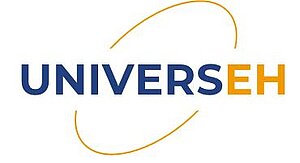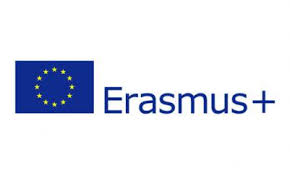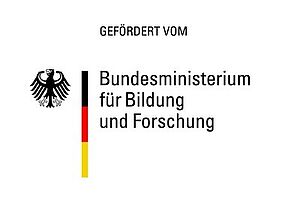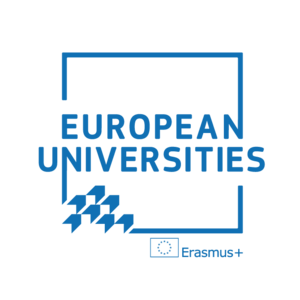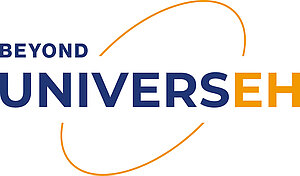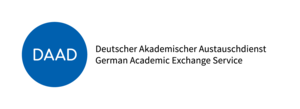UNIVERSEH - European Space University for Earth and Humanity
We wish to create new higher education interactive experiences for the university community, teachers and students, and for the benefit of society as a whole.
The University of the future
UNIVERSEH is an alliance of seven universities from seven European countries. It was established in November 2020 to develop a new kind of collaboration in the field of space, within the new “European Universities” initiative promoted and financed by the European Commission (EC).
The European Space University creates new higher education interactive experiences for the university community, and for the benefit of society as a whole. Taking into account cultural, philosophical, and sustainability aspects, as well as more classical space fields such as physics or engineering, UNIVERSEH looks at space in all its dimensions and from all fields, including: science, engineering, economy, business, social and human sciences, patenting and innovation, entrepreneurship, science and medicine, art and culture.
Not only is UNIVERSEH funding provided by the EU initiative, but also for the years 2021-2023 by the Federal Ministry of Education and Research (BMBF) and the German Academic Exchange Service (DAAD) of the national accompanying programme for German universities.
Our European University Alliance themed 'Space and Humanities' lays the foundations to build innovative employment-oriented curricula and to foster mobility, inclusion, and multilingualism.
Through education and research, UNIVERSEH contributes to the European Education Area, to job and industrial growth, to resolve key societal challenges, to make the space sector more sustainable, and to ensure that the EU remains a global leader in the New Space domain.
UNIVERSEH offers for
- Space for societal challenges
- EU space policy aims to tackle some of the most pressing challenges today, such as fighting climate change or managing natural resources. Space technology, data and services have proven to be indispensable in the life of Europeans and for sustainable development.
- Space sustainability
- Working on sustainable space is essential to guarantee the ability of all human beings to continue to use outer space over the long term. There is a need to make the space sector more sustainable and to work on how technology and the environment can thrive together. UNIVERSEH is also conscious that the proliferation of space debris remains the most serious risk of the sustainability of space activities and will contribute to the European effort to address this issue.
- Space exploration
- During ESA’s Council at ministerial level (Space19+ organised in 2019), the Member states committed to space exploration through their involvement in the International Space Station until 2030 and in “Space Gateway,” the first space station to orbit the Moon. European astronauts will fly to the Moon for the first time. Member States have confirmed their support to the ground-breaking Mars Sample Return mission, in cooperation with NASA. Consequently, space exploration is a major priority and UNIVERSEH will contribute to the EU’s effort in this strategic domain.
- Space resources and settlement
- How humans can live and work beyond Earth is a subject that raises interest, questions and some apprehension. Over the past years, the concept of permanent, autonomous human habitation of locations outside Earth (Moon, Mars, in orbit) has been the subject of literary, scientific or artistic work. Training and research in space exploration can contribute to different domains such as protection of Earth’s environment, medicine, agriculture and space economy.
In this “New Space” business arena, comprehensive higher education is critically needed to realize the above-mentioned ambitions. Student-centred and innovative educational approaches are key for transferring research-based innovative knowledge, competences and skills to take the next wave of this revolutionary approach to space exploration and use.
Focusing on space education, research and innovation in EU will address key societal challenges, nurture job and industrial growth and ensure EU autonomy. This will also contribute to address the growing need for high skilled workers and more labour market relevant skills to ensure productivity growth and competitiveness.
- Offer innovative and multi-disciplinary courses to train students for the jobs of today and tomorrow
- Support entrepreneurship and innovation
- Develop digital, open science and transferable skills among students and research
- Contribute to match skills of graduates with requirements of the labour market
- Break the real and perceived barriers between academic and other sectors
- Strengthen the European Union as a global leader in the space domain
UNIVERSEH shares common values and commitments. UNIVERSEH, unites over 130.977 students, 13.030 staff and 59 associates. With a focus on “Space”, the Alliance will work towards the following goals:
- Enhance mobility and multilingualism
- Develop new joint interdisciplinary and cross-sectorial curricula
- Become an entrepreneurial "university"
- Address some of the barriers students can face when it comes to joining higher education in general and studying abroad in particular




